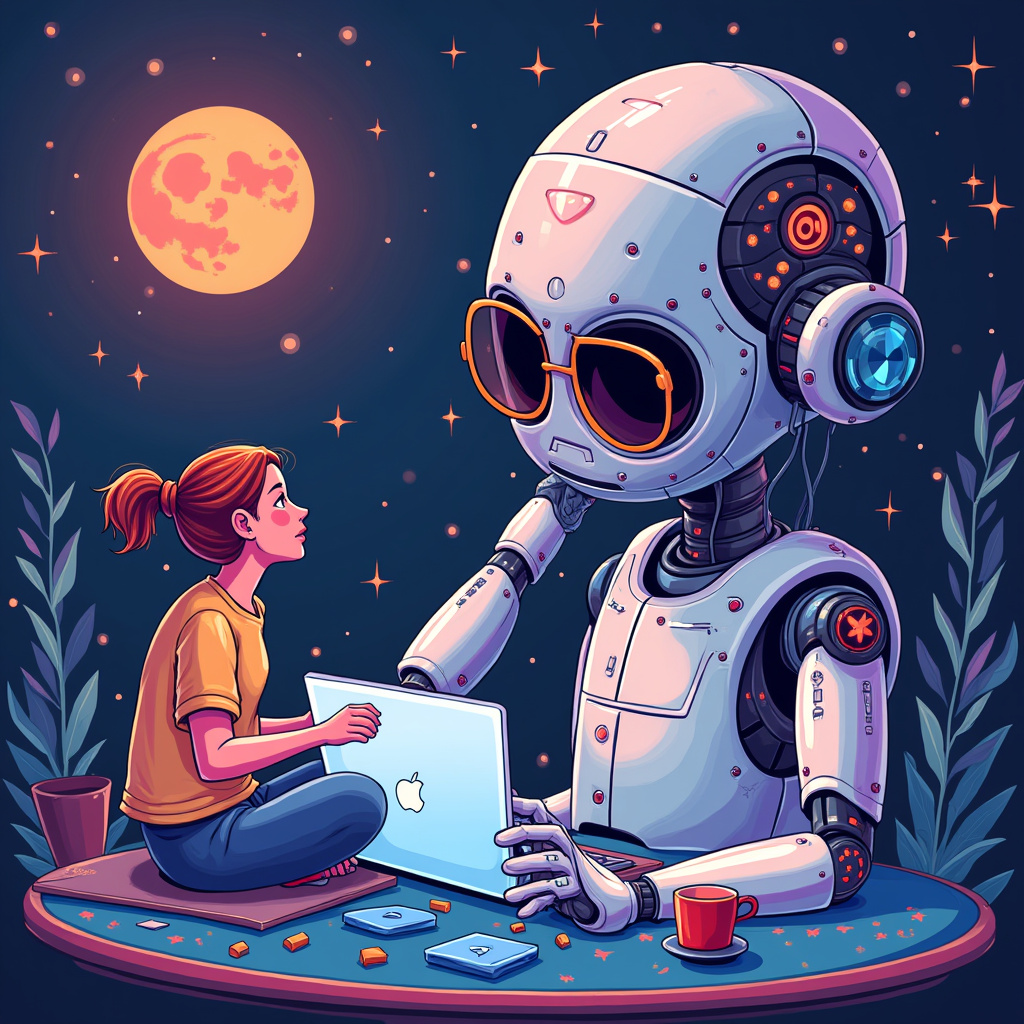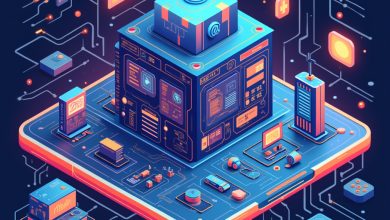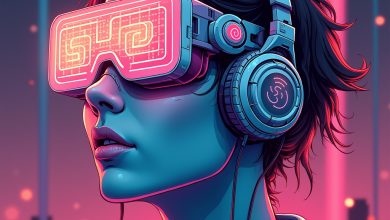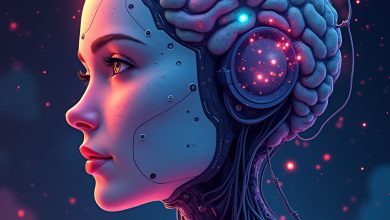How AI Is Changing Everyday Life

Introduction to AI in Everyday Life
Artificial Intelligence (AI) is no longer a concept confined to science fiction novels or Hollywood movies. It has seamlessly woven itself into the fabric of our daily lives, enhancing our experiences and reshaping how we interact with the world. From the moment we wake up to the time we go to bed, AI technologies are present, often without us even realizing it.
Smart Homes: Convenience at Your Fingertips
One of the most noticeable impacts of AI is in our homes. Smart home devices, powered by AI, help in managing various tasks efficiently. Here are some examples:
- Voice Assistants: Devices like Amazon’s Alexa or Google Home allow us to control everything from music playback to lighting with simple voice commands.
- Smart Thermostats: These devices learn our heating and cooling preferences over time, helping to save energy and reduce utility bills.
- Home Security: AI-powered cameras and alarms can monitor our homes in real-time, alerting us to any unusual activity.
With these advancements, managing our homes has never been easier, making daily life more convenient.
AI in Transportation: Safety and Efficiency
Transportation is another sector where AI is making strides. From navigation apps to autonomous vehicles, AI is enhancing our travel experiences:
- Navigation Apps: Applications like Google Maps use AI to analyze traffic conditions and provide the best routes, helping us avoid delays.
- Ride-Sharing Services: Companies like Uber and Lyft use AI to connect drivers with passengers efficiently, optimizing routes for both.
- Self-Driving Cars: Although still in the development phase, autonomous vehicles promise to revolutionize how we think about transportation, potentially reducing accidents caused by human error.
These innovations are not only making travel more efficient but also safer for everyone on the road.
AI in Health Care: Improving Lives
The healthcare industry is experiencing a transformation thanks to AI technologies. Here’s how AI is improving patient care:
- Diagnostic Tools: AI algorithms can analyze medical images and data much faster than human doctors, leading to quicker and more accurate diagnoses.
- Personalized Treatment: AI can analyze genetic information and medical history to suggest tailored treatment plans for patients.
- Virtual Health Assistants: Chatbots and AI-driven platforms can provide patients with immediate responses to health inquiries, helping them manage their conditions better.
These advancements not only enhance the efficiency of healthcare systems but also improve patient outcomes significantly.
AI in Entertainment: Tailored Experiences
Entertainment is another area where AI has made a significant impact. Streaming platforms and gaming are now more personalized than ever:
- Content Recommendations: Services like Netflix and Spotify use AI to analyze user preferences, suggesting movies, shows, or music based on our tastes.
- Gaming: AI in video games creates realistic environments and characters that adapt to players’ actions, enhancing the gaming experience.
This level of personalization ensures that we enjoy content that truly resonates with us, making entertainment more engaging.
AI in Education: Enhancing Learning
AI is also revolutionizing education, making learning more accessible and tailored to individual needs:
- Personalized Learning: AI-driven platforms can assess a student’s learning style and pace, offering customized resources and support.
- Administrative Tasks: AI can automate grading and administrative duties, allowing teachers to focus more on teaching and less on paperwork.
As a result, students receive a more personalized education, and teachers can devote more time to engaging with their students.
Conclusion: Embracing the AI Revolution
Artificial Intelligence is undeniably changing various aspects of our everyday lives, from the way we manage our homes to how we receive healthcare and education. As we embrace these advancements, it’s essential to remain aware of both the benefits and challenges that come with AI. By understanding and adapting to these changes, we can make the most of what AI has to offer, leading to a more convenient, efficient, and enriched life.




